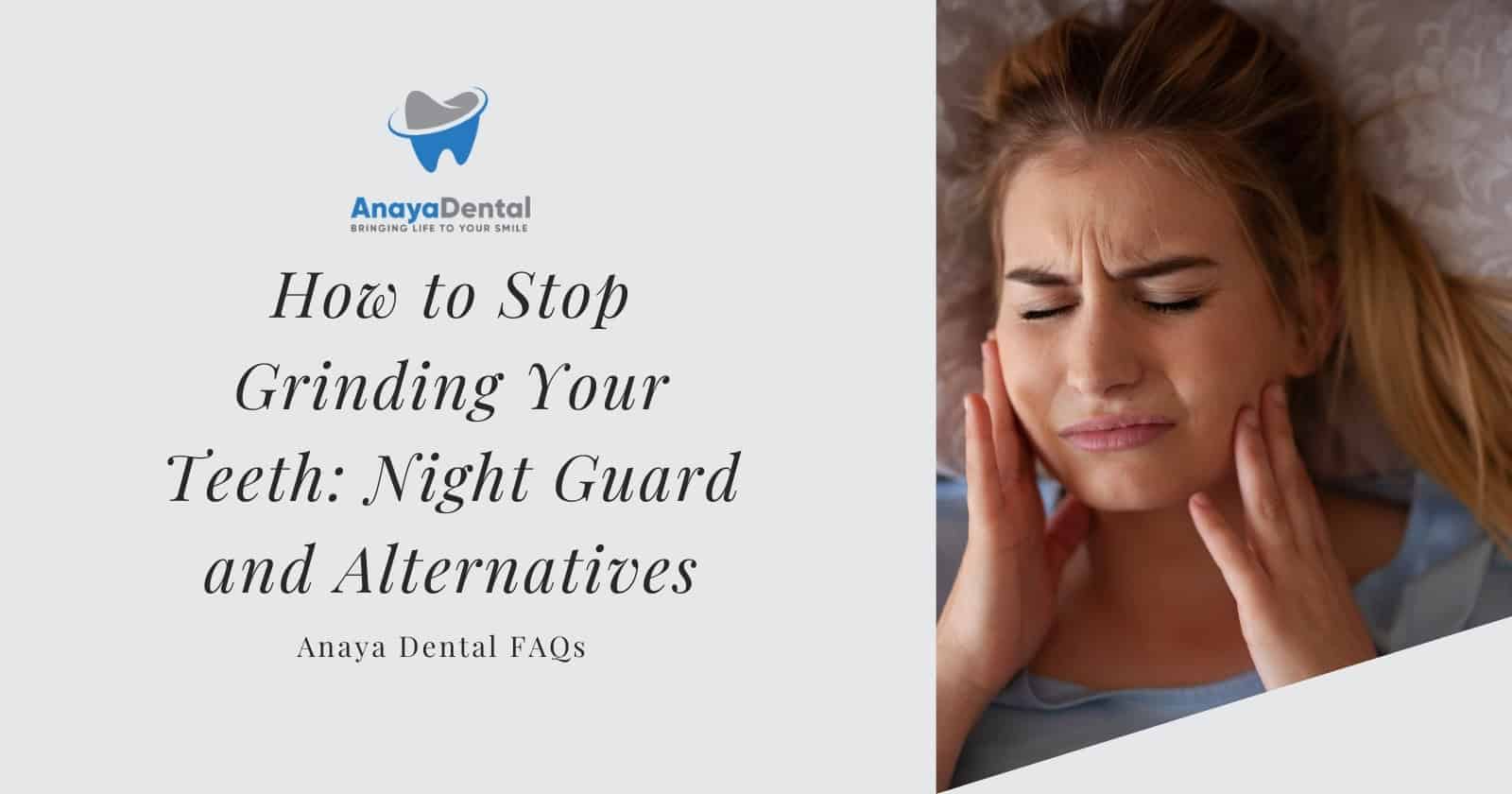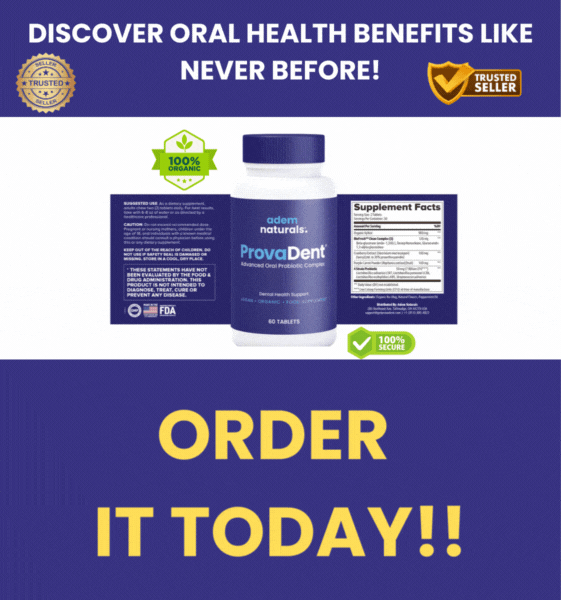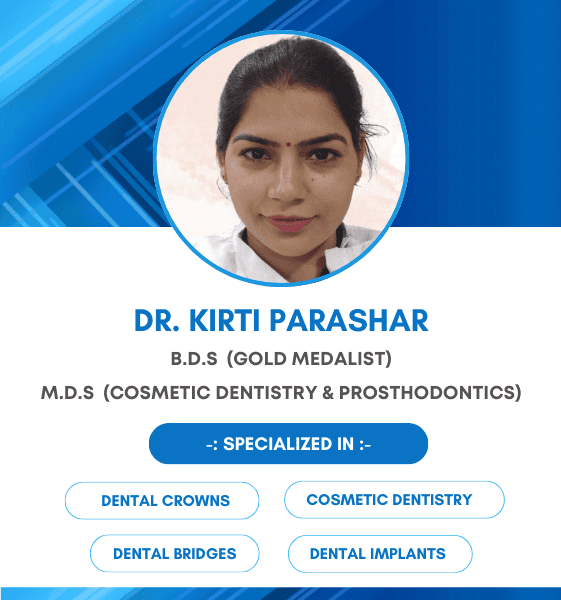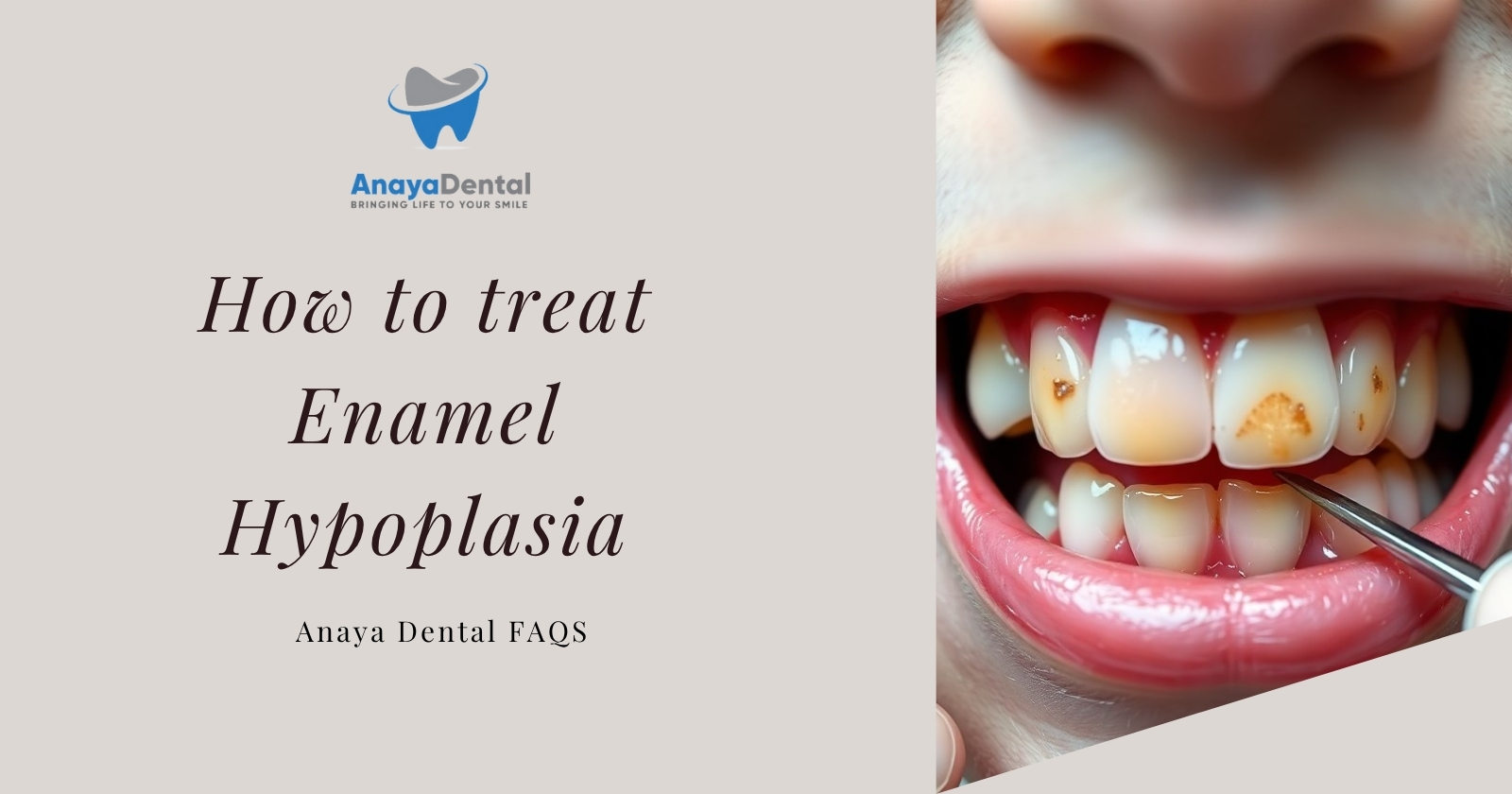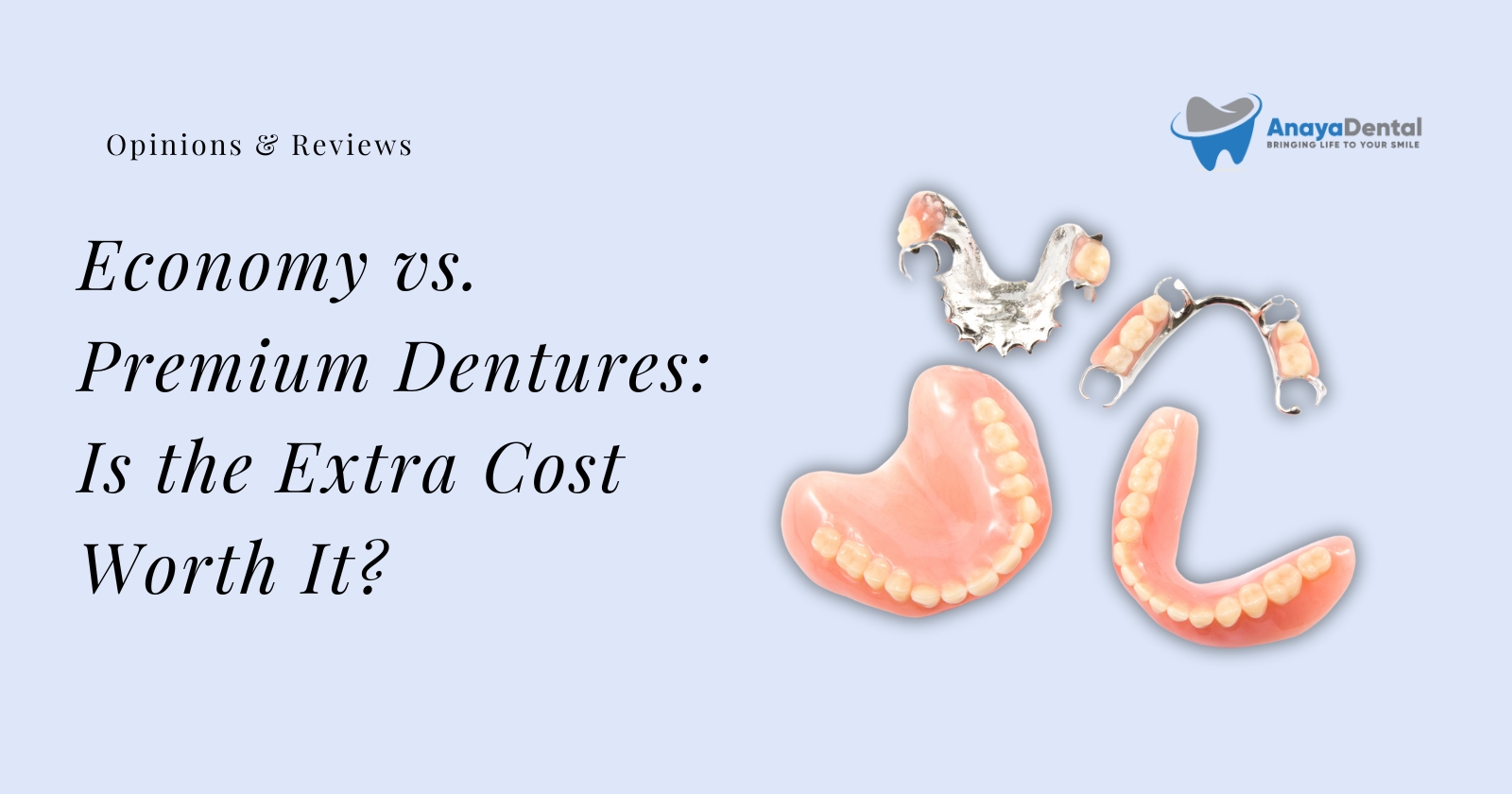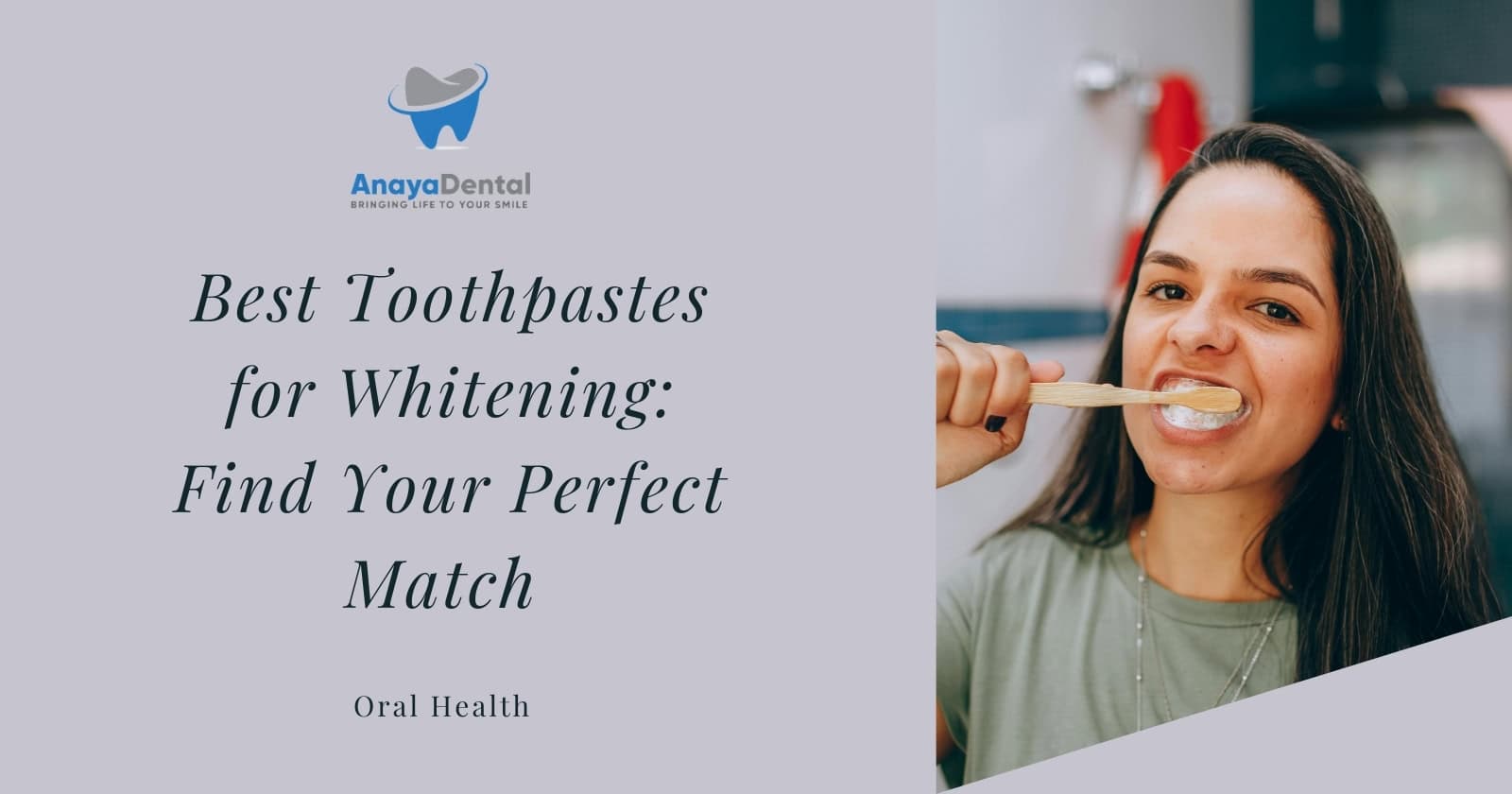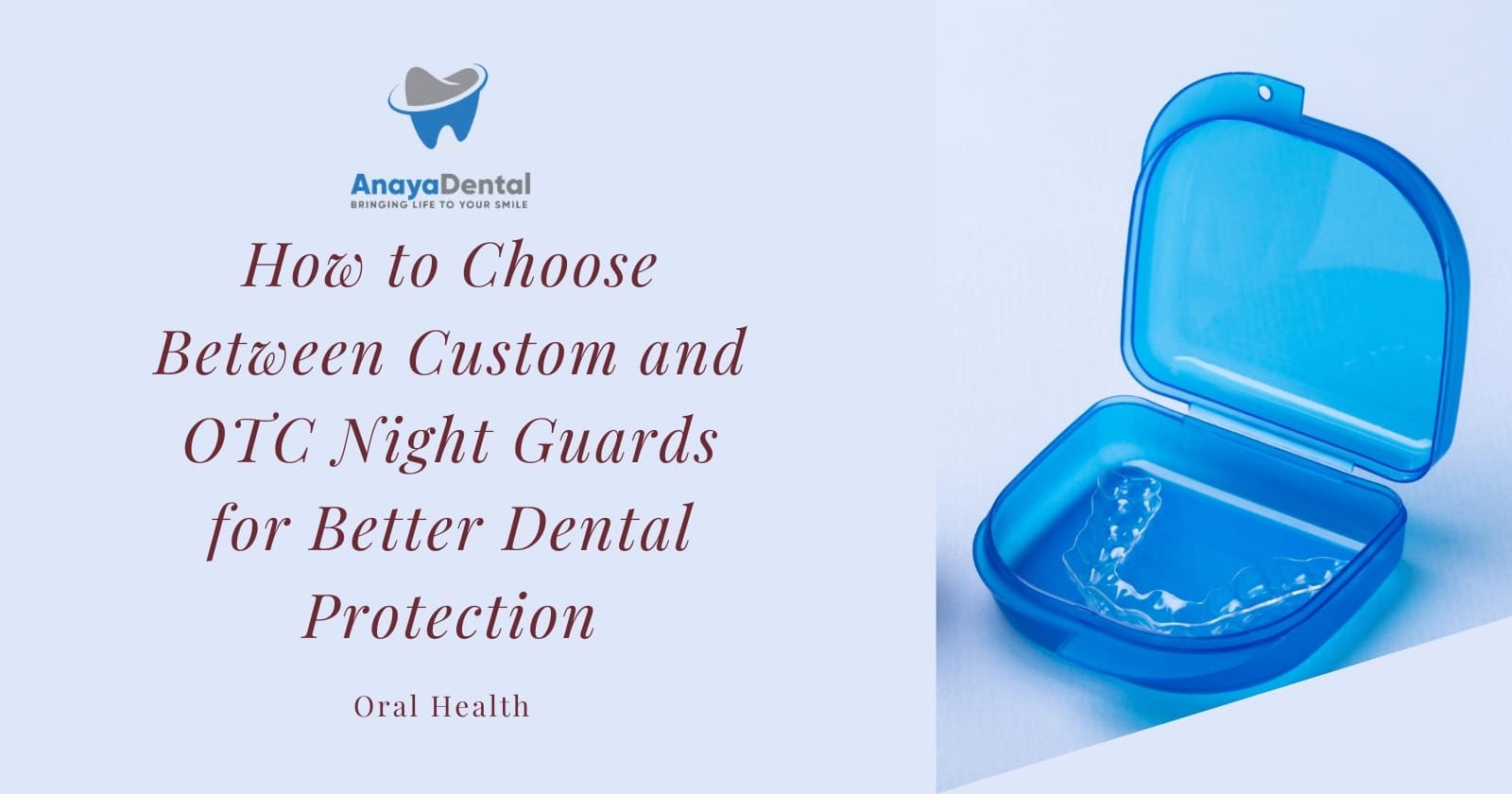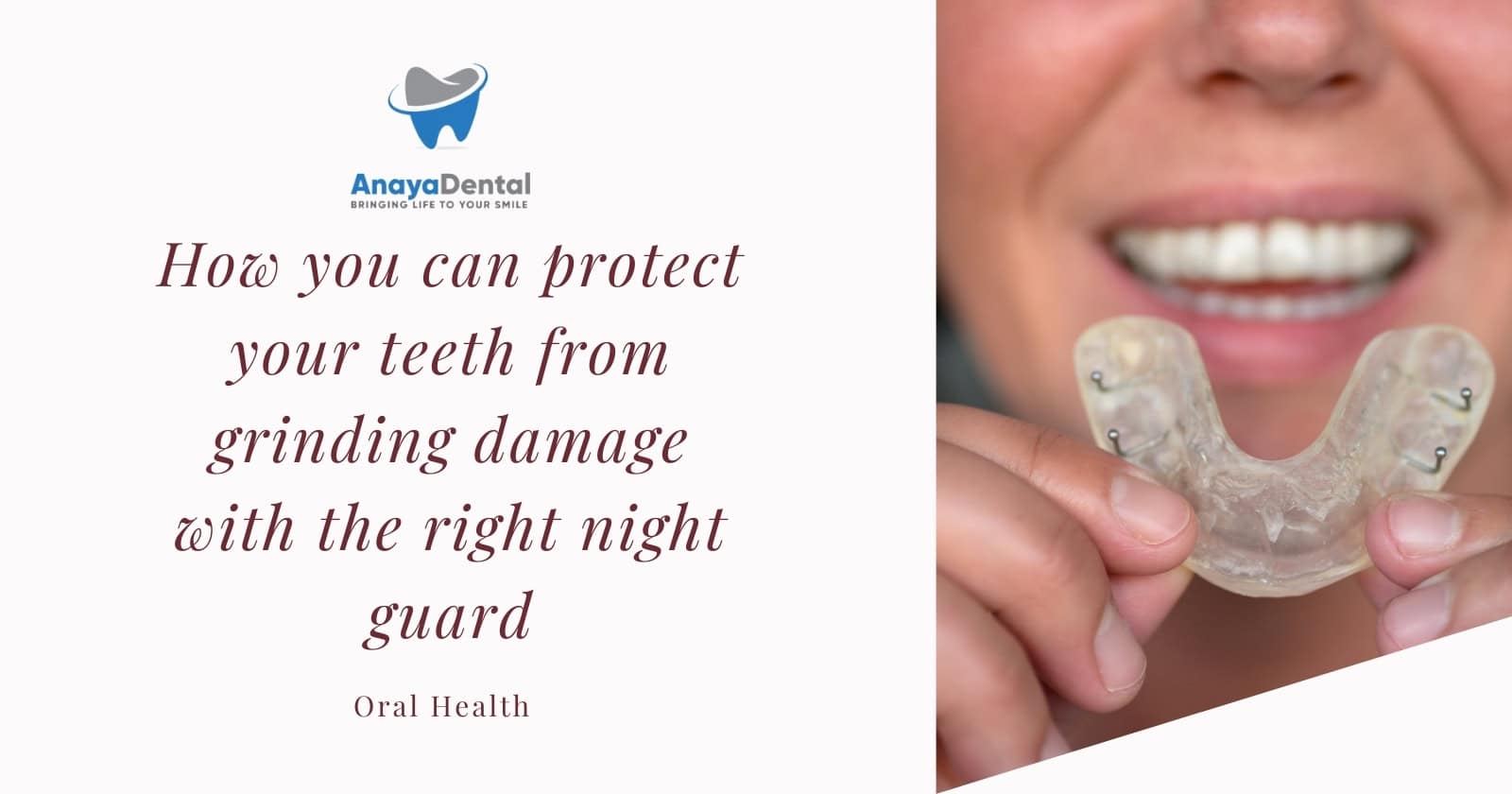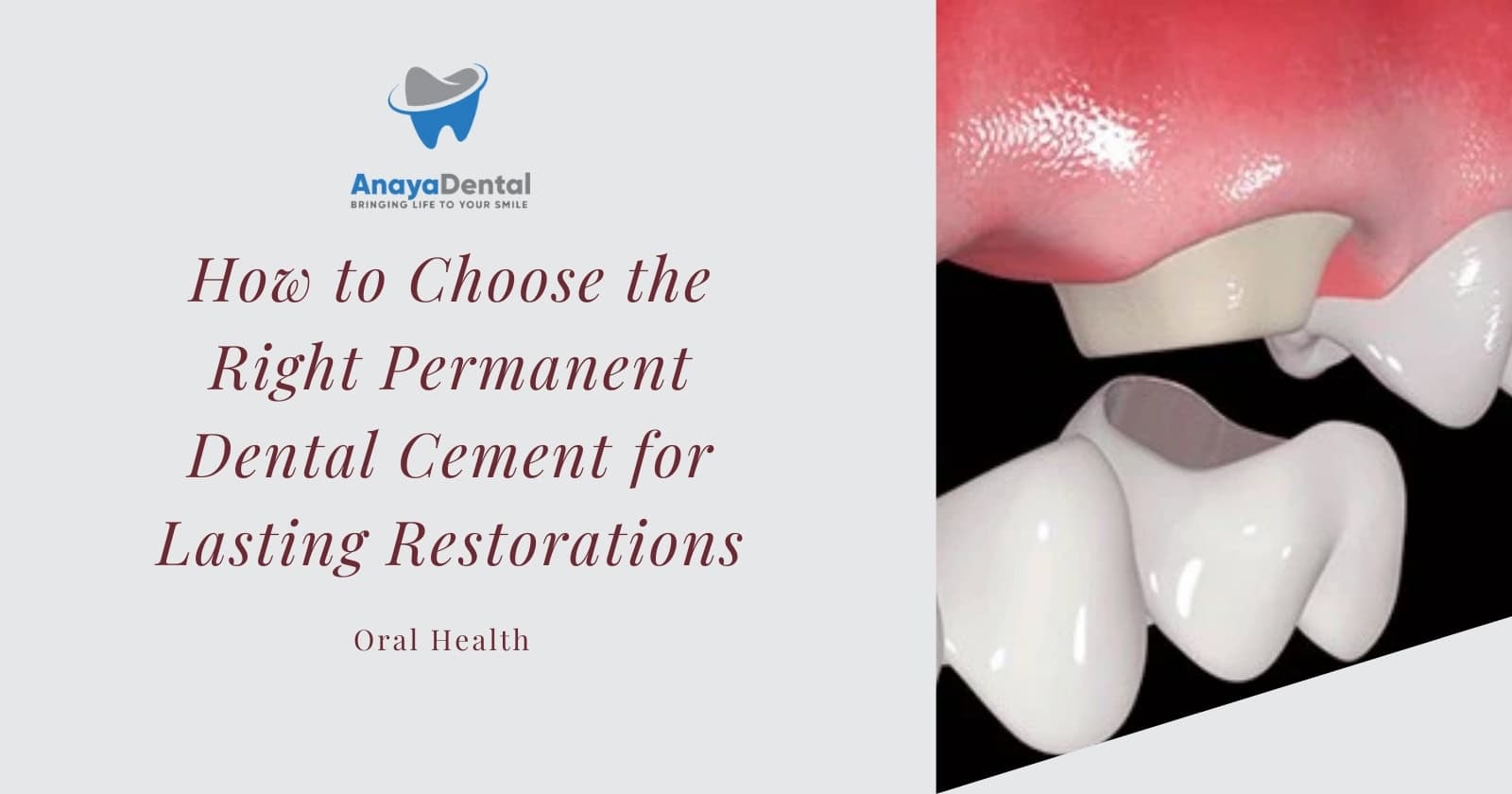If you’ve ever woken up with a sore jaw or noticed your partner wincing at the sound of your teeth grinding at night, you’re experiencing a common condition called bruxism. This involuntary grinding, gnashing, or clenching of teeth affects millions of people worldwide and can lead to serious dental problems if left untreated. While night guards are a popular solution, they’re not the only option available to protect your smile and alleviate discomfort.
Understanding Teeth Grinding: What Is Bruxism?
Bruxism refers to the unconscious grinding or clenching of teeth, typically occurring during sleep (sleep bruxism) or while awake (awake bruxism). According to the American Dental Association, this condition affects up to 15% of adults, with many cases going undiagnosed until significant damage has already occurred.
Your teeth aren’t designed to be in constant contact. When you grind them together, you place excessive pressure on your teeth, jaws, and surrounding muscles. This pressure can be up to 250 pounds per square inch—far exceeding the forces experienced during normal chewing.
Try Our Dental Calculators
Common Symptoms of Teeth Grinding
You might be grinding your teeth without realizing it. Watch for these telltale signs:
- Morning jaw pain or stiffness
- Dull, constant headaches, particularly around your temples
- Increased tooth sensitivity to hot, cold, or sweet foods
- Visible tooth wear, including flattened, fractured, or chipped teeth
- Tired or tight jaw muscles
- Sleep disruption (yours or your partner’s)
- Worn tooth enamel, exposing deeper layers of your tooth
- TMJ disorders (problems with your temporomandibular joint)
- Inner cheek damage from chewing
If you notice multiple symptoms, it’s time to consult with your dentist before more serious complications develop.
What Causes Teeth Grinding?
Understanding the root cause of your bruxism is crucial for effective treatment. Your teeth grinding may be triggered by:
Stress and Anxiety
Psychological stress is the most common contributor to teeth grinding. When you’re anxious or tense, that emotional burden often manifests physically through muscle tension, including in your jaw. According to research published in the Journal of Oral Rehabilitation, individuals with higher stress levels show significantly increased bruxism activity.
Sleep Disorders
There’s a strong connection between sleep apnea and teeth grinding. When your airway becomes partially blocked during sleep, your jaw often moves forward in an unconscious attempt to maintain proper airflow, resulting in grinding. Other sleep disorders like insomnia can also increase bruxism episodes.
Medications and Substances
Certain medications, particularly some antidepressants, can trigger bruxism as a side effect. Additionally, recreational substances like alcohol, tobacco, and caffeine may increase your risk of teeth grinding, especially when consumed before bedtime.
Malocclusion and Dental Problems
When your teeth don’t align properly (malocclusion), your jaw may shift during sleep to find a more comfortable position, leading to grinding. Missing teeth, crooked teeth, or an abnormal bite can all contribute to this misalignment.
Age and Genetics
Children are more likely to experience bruxism than adults, with most outgrowing it by adolescence. However, a family history of teeth grinding suggests a genetic component, potentially increasing your risk.
The Consequences of Untreated Teeth Grinding
Ignoring your bruxism can lead to significant oral health problems over time:
Dental Damage
The constant pressure and friction from grinding can lead to:
- Enamel erosion, exposing the more sensitive dentin layer underneath
- Cracked, chipped, or fractured teeth requiring extensive restorative work
- Loose teeth or even tooth loss in severe cases
- Failed dental work, including broken fillings or crowns
TMJ Disorders
Prolonged grinding can damage your temporomandibular joint (TMJ), resulting in:
- Clicking or popping sounds when opening or closing your mouth
- Limited ability to open your mouth fully
- Jaw locking in an open or closed position
- Facial pain radiating from your jaw
Quality of Life Impact
Beyond the physical effects, chronic bruxism can significantly impact your daily life through:
- Persistent headaches and facial pain
- Disrupted sleep for you and your bed partner
- Difficulty concentrating due to pain and fatigue
- Emotional distress from chronic discomfort
Night Guards: The First Line of Defense
Dental night guards (also called occlusal splints or bite plates) are custom-fitted devices worn while sleeping to create a physical barrier between your upper and lower teeth. They work by:
- Absorbing the force of grinding to protect tooth surfaces
- Reducing noise associated with grinding
- Helping to relax jaw muscles
- Preventing further dental damage
Types of Night Guards
Not all night guards are created equal. Consider these options:
Custom-Fitted Night Guards
Professionally made by your dentist, these offer the best protection and comfort:
- Hard acrylic guards provide maximum durability for severe grinders
- Soft guards offer more comfort but less longevity
- Dual-laminate guards combine a soft inner layer for comfort with a hard outer layer for durability
The process involves taking dental impressions, creating a model of your teeth, and fabricating a guard that fits perfectly. While these typically cost between $300-800, their superior fit and longevity often make them worth the investment.
Over-the-Counter Night Guards
Available at pharmacies or online, these offer a more affordable but less effective solution:
- Boil-and-bite guards soften in hot water and mold somewhat to your teeth
- One-size-fits-all guards provide basic protection but rarely fit well
These typically range from $15-50 but often offer poorer fit, less comfort, and shorter lifespan than custom options.
Pros and Cons of Night Guards
Before committing to a night guard, consider these factors:
Advantages:
- Immediate protection for your teeth
- Non-invasive and removable
- Proven effectiveness for preventing dental damage
- No medication or side effects
Disadvantages:
- Doesn’t address the underlying cause of grinding
- May feel uncomfortable initially
- Requires regular cleaning and replacement
- Can be lost or damaged
- Custom options can be expensive
Beyond Night Guards: Alternative Treatments for Teeth Grinding
While night guards protect your teeth from damage, they don’t address the root causes of bruxism. Consider these complementary or alternative approaches:
Stress Management Techniques
Since emotional stress is a primary trigger for teeth grinding, implementing stress reduction strategies can be remarkably effective:
Meditation and Mindfulness
Practicing mindfulness meditation for just 10 minutes daily can significantly reduce bruxism by activating your parasympathetic nervous system (the “rest and digest” response). Begin by focusing on your breath while acknowledging thoughts without judgment.
Regular practice helps train your brain to recognize tension, including in your jaw muscles, allowing you to consciously relax before grinding begins.
Progressive Muscle Relaxation (PMR)
This technique involves systematically tensing and then releasing different muscle groups throughout your body. When practicing PMR before bed, pay special attention to your facial muscles, jaw, neck, and shoulders—areas commonly affected by bruxism.
Physical Exercise
Regular physical activity reduces overall body tension and promotes better sleep quality, both of which can decrease teeth grinding episodes. Even moderate exercise like walking for 30 minutes daily can make a substantial difference.
Dietary Modifications
What you consume, particularly before bedtime, can influence your likelihood of grinding:
Caffeine and Alcohol Reduction
Both caffeine and alcohol can disrupt normal sleep patterns and increase muscle activity during sleep. Consider:
- Eliminating caffeine after 2 PM
- Avoiding alcohol within 3 hours of bedtime
- Replacing evening coffee or alcoholic beverages with herbal tea
Magnesium-Rich Foods
Magnesium deficiency has been linked to increased muscle tension and cramping, potentially contributing to bruxism. Incorporate foods like dark leafy greens, nuts, seeds, and whole grains into your diet to naturally increase your magnesium intake.
Physical Therapy and Massage
Targeted physical approaches can help relax the muscles involved in grinding:
Jaw Exercises
Simple exercises can strengthen and relax your jaw muscles:
- Tongue positioning: Place the tip of your tongue between your teeth to train your jaw muscles to relax
- Jaw stretches: Gently open your mouth while placing your fingers on the hinge of your jaw, holding for 5-10 seconds
- Chin tucks: Pull your chin toward your chest slightly, creating a “double chin” to relax neck and jaw muscles
Facial Massage
Self-massage of the masseter muscle (the large muscle at the angle of your jaw) can provide immediate relief:
- Locate the muscle by clenching your teeth and feeling where the muscle bulges
- Apply gentle, circular pressure with your fingertips for 30-60 seconds
- Slowly relax while continuing the massage
- Repeat 2-3 times daily, especially before bed
Professional massage therapy or physical therapy focused on your TMJ can also be highly effective for chronic cases.
Sleep Hygiene Improvement
Because bruxism often occurs during sleep, improving your sleep quality can reduce grinding episodes:
- Maintain a consistent sleep schedule
- Create a cool, dark, quiet sleeping environment
- Remove electronic devices from your bedroom
- Establish a relaxing bedtime routine
- Consider weighted blankets, which have been shown to reduce nighttime anxiety
Medical Interventions
For severe or persistent cases, medical treatments may be necessary:
Botox Injections
Botulinum toxin (Botox) injections into the masseter muscles can partially paralyze these powerful grinding muscles, reducing their ability to contract forcefully. The effects typically last 3-6 months and have shown promising results for severe bruxism that doesn’t respond to other treatments.
This approach is particularly effective for patients with:
- Masseter hypertrophy (enlarged jaw muscles from chronic grinding)
- TMJ disorders resulting from bruxism
- Severe grinding that damages dental work repeatedly
Sleep Apnea Treatment
If your teeth grinding is related to sleep apnea, treating the underlying breathing disorder may resolve your bruxism. Treatment options include:
- Continuous Positive Airway Pressure (CPAP) therapy
- Oral appliances designed to keep your airway open
- Lifestyle modifications like weight loss or sleeping position changes
Medication
While medications aren’t typically first-line treatments for bruxism, your doctor might consider:
- Muscle relaxants taken before bedtime
- Anti-anxiety medications for stress-related grinding
- Switching antidepressants if your current medication is contributing to grinding
Cognitive Behavioral Therapy (CBT)
For awake bruxism or grinding related to psychological factors, cognitive behavioral therapy can be remarkably effective. This structured approach helps you:
- Identify triggers for jaw clenching
- Develop awareness of unconscious grinding habits
- Learn techniques to break the cycle of tension
- Address underlying anxiety or stress
- Implement habit-reversal techniques
Combining Approaches for Maximum Effectiveness
The most successful treatment plans for bruxism typically combine multiple approaches:
| Treatment Approach | Best For | Typical Timeline for Results |
|---|---|---|
| Night Guards | Immediate tooth protection | Immediate protection; adjustment period of 1-2 weeks |
| Stress Management | Anxiety-related grinding | 2-8 weeks of consistent practice |
| Dietary Changes | Substance-induced bruxism | 1-3 weeks after eliminating triggers |
| Physical Therapy | Muscle tension and TMJ issues | 4-12 weeks of regular therapy |
| Sleep Hygiene | Sleep-related grinding | 2-4 weeks of consistent habits |
| Botox | Severe, resistant cases | 1-2 weeks after injection, lasting 3-6 months |
| CBT | Awake bruxism, stress-related grinding | 8-12 weeks of therapy |
Consider starting with a night guard for immediate protection while implementing lifestyle changes that address your specific triggers. This comprehensive approach offers the best chance for long-term relief.
When to Seek Professional Help
While some mild cases of bruxism may respond to home remedies, consult with a healthcare professional if you experience:
- Severe tooth wear, fractures, or loosening
- Persistent jaw pain or headaches
- Noticeable changes in your bite or facial appearance
- Sleep disruption (yours or your partner’s)
- Limited jaw movement or locking
Your treatment journey may involve multiple specialists:
- Dentists can diagnose bruxism, provide custom night guards, and treat dental damage
- Sleep specialists can evaluate for sleep disorders contributing to grinding
- Physical therapists can address muscle tension and TMJ dysfunction
- Psychologists or psychiatrists can help with stress management and anxiety
- Neurologists may be consulted for complex or atypical facial pain
Conclusion: Creating Your Personal Bruxism Management Plan
Stopping teeth grinding requires understanding your unique triggers and developing a tailored approach. While night guards provide essential protection, combining them with targeted lifestyle modifications offers the most comprehensive solution.
Remember that resolving bruxism is often a journey rather than a quick fix. Be patient with yourself as you implement changes, and remain consistent with your chosen interventions. With persistence and professional guidance when needed, you can protect your smile and wake up without the pain and tension that bruxism causes.
By addressing both the symptoms and underlying causes of your teeth grinding, you’ll not only preserve your dental health but likely improve your overall wellbeing, sleep quality, and daily comfort.
